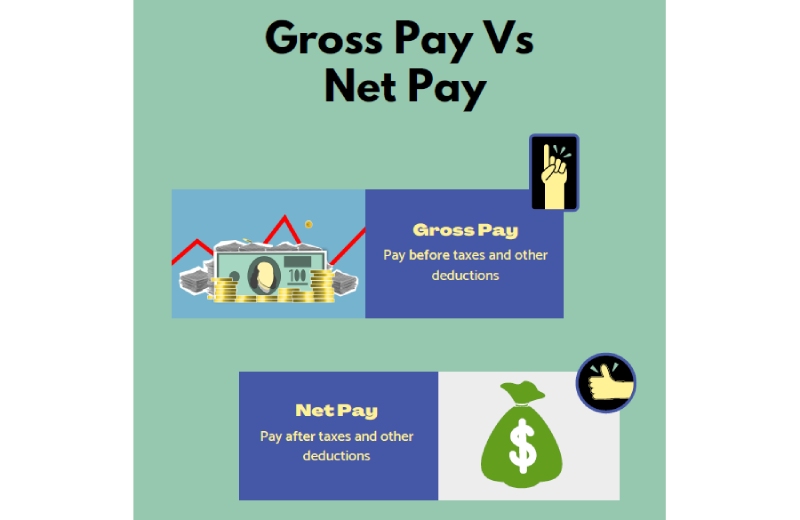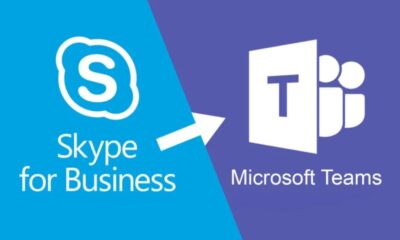Business
Things to Know about Net Pay: How it Differs from Gross Pay, How to Calculate it, and How it Works

It’s tax season again. It’s simple to become confused with all the forms and applications you have to fill out.
Whether this is your first time filing or you’ve been doing it for years, you should record your total income for the tax year.
This article explains net pay, including what it is, how to calculate it, and how it differs from gross pay.
What is net pay?
The money that employees receive after payroll deductions are deducted from their gross pay is known as their net pay. Taxes, benefits, wage garnishments, and other deductions are among them.
Net pay is, to put it simply, the amount of money you keep after taxes.
For example, if a person receives $1,200 a week after deductions of $160, their weekly net pay will be $1,040.
What is gross pay?
Before payroll deductions, an employee’s gross pay is their total earned wages.
What is net income?
Net income, sometimes referred to as net earnings, is a company’s total revenue less its operating expenses. This covers the price of the goods as well as depreciation, taxes, interest, running costs, and selling, general, and administrative expenses.
Profitability is determined by net income.
For employees, what you need to know about net pay
What you take home is your net pay. It’s not a guarantee that you will receive the same net pay as someone who earns the same as you. Certain taxes, benefits, wage garnishments, and other deductions have an impact on net pay.
A person’s net pay may differ from yours depending on a variety of factors, such as their filing status, tax credits, children and dependents, and marital status.
For employers, what you need to know about net pay
Regarding your employees’ net pay, employers have a few things to think about. For example, employer FICA taxes, benefits, and contributions to retirement plans are subtracted from an employee’s net pay before they are received.
Furthermore, net pay is the amount an employee takes home from their job rather than the amount it costs to employ them.
Monitoring your employees’ gross and net pay is essential for managing payroll taxes. Should there be any discrepancies between the two, you might wish to double-check the data. Penalties may follow if there are any problems.
-

 Business2 weeks ago
Business2 weeks agoNayef Doleh Examines International Humanitarian Fundraising Strategies
-

 Business3 weeks ago
Business3 weeks agoHow Black Banx is Redefining Global Banking Strategies in 2025
-

 Business2 weeks ago
Business2 weeks agoHow to fill MSME Form 1? Step-by-Step Guide
-

 Tech4 weeks ago
Tech4 weeks agoHow to Switch Between Microsoft Teams and Skype, How To Export Messages, Files, and Contacts from Skype Before It Shutting Down
-

 Tech3 weeks ago
Tech3 weeks agoMicrosoft Teams to End SMS Messaging Feature Support for Android Phones and Switch to Phone Link App as Alternative
-

 Education3 weeks ago
Education3 weeks agoSchool Of Odd Thinkers – Think Odd, Learn a lot, and Earn a lot
-

 Education3 weeks ago
Education3 weeks agoThe Power of Differentiated Instruction: Patrick Granfar Discusses Its Impact on Student Learning
-

 Education3 weeks ago
Education3 weeks agoJeffrey Laino Offers a Close Look at Literary Analysis Implementation

























